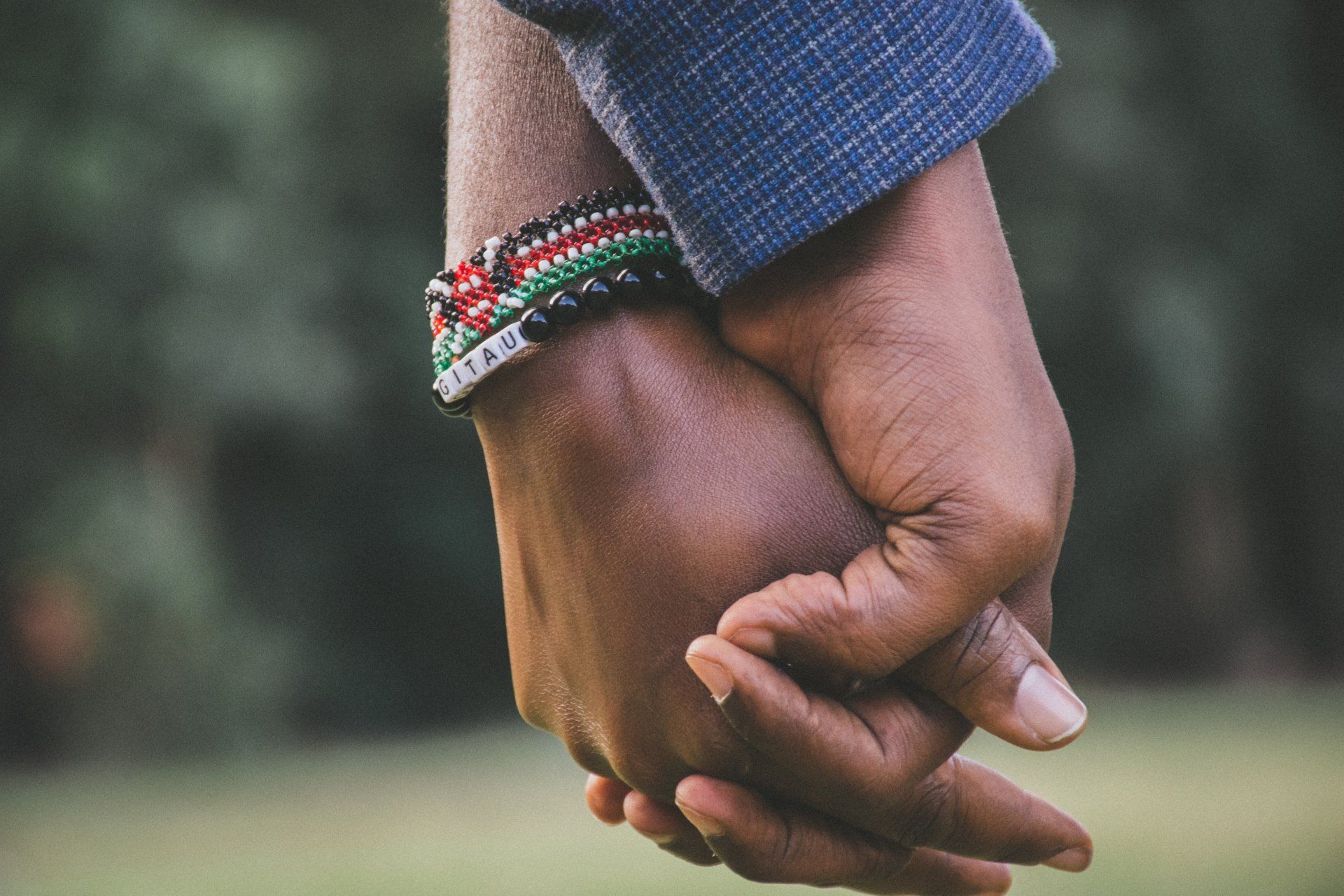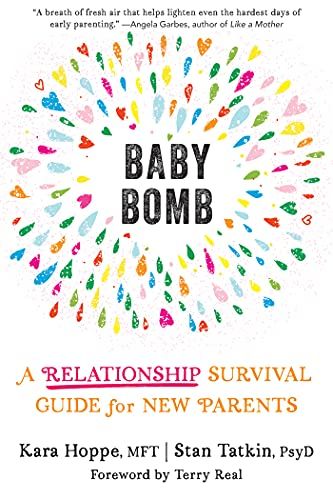Healthy Relationships
While all relationships will look different, there are certain hallmark characteristics of "healthy" relationships. Things like communication, respect, trust, consent and equality are all indicative of a healthy relationship. Below you'll find some resources about identifying unhealthy relationships as well as information about maintaining and building good relationships and identifying red flags.
If this is an emergency, call:
National Domestic Violence Hotline
Confidential, free help anytime.
1-800-799-7233
What Is Self Love?:
10 Tips For Healthy Relationships
1. Keep expectations realistic: No one can be everything we might want them to be. Healthy relationships mean accepting people as they are and not trying to change them.
2. Talk with each other: It can't be said enough: communication is essential to healthy relationships. Genuinely listen. Don't interrupt or plan what you’re going to say next- try to fully understand your partner's perspective. Ask questions and show you're interested. Ask about their experiences, feelings, opinions, and interests. Studies show that sharing information helps relationships begin. Let people know who you are, but don’t overwhelm with too much personal information too soon.
3. Be flexible: It is natural to feel uneasy about changes. Healthy relationships allow for change and growth.
4. Take care of yourself, too: Healthy relationships are mutual, with room for both people’s needs.
5. Be dependable: If you make plans with someone, follow through. If you take on a responsibility, complete it. Healthy relationships are trustworthy.
6. Fight fair: Most relationships have some conflict. It only means you disagree about something; it does not have to mean you don't like each other. One tip is to cool down before talking. The conversation will be more productive if you have it when your emotions have cooled off a little, so you don’t say something you may regret later. Use “I statements.” Share how you feel and what you want without assigning blame or motives. E.g. “When you don’t call me, I start to feel like you don’t care about me” vs. “You never call me when you’re away. I guess I’m the only one who cares about this relationship.” Keep your language clear and specific. Try to factually describe behavior that you are upset with, avoiding criticism and judgment. Attack the problem, not the person and focus on the current issue. The conversation is likely to get bogged down if you pile on everything that bothers you. Avoid using “always” and “never” language and address one issue at a time.
7. Take responsibility for your mistakes: Apologize if you have done something wrong; it goes a long way toward setting things right again. Recognize also that some problems are not easily solved. Not all differences or difficulties can be resolved. You are different people, and your values, beliefs, habits, and personality may not always be in alignment. Communication goes a long way toward helping you understand each other and address concerns, but some things are deeply rooted and may not change significantly. It is important to figure out for yourself what you can accept, or when a relationship is no longer healthy for you.
8. Be affirming: According to relationship researcher John Gottman, happy couples have a ratio of 5 positive interactions or feelings for every 1 negative interaction or feeling. Express warmth and affection!
9. Keep your life balanced: Other people help make our lives satisfying but they cannot meet every need. Find what interests you and become involved. Healthy relationships have room for outside activities.
10. Recognize it’s a process: It might look like everyone on campus is confident and connected, but most people share concerns about fitting in and getting along with others. It takes time to meet people and get to know them. Healthy relationships can be learned and practiced, and keep getting better.
11. Be yourself: It's much easier and more fun to be authentic than to pretend to be something or someone else. Healthy relationships are made of real people.
Adapted from: https://www.nmt.edu/cds/healthy-relationships.php
Relationship Red Flags:
- Lack of communication
- Irresponsible, immature, and unpredictable behavior
- Lack of trust
- Significant family and friends don’t like your partner
- Controlling behavior
- Feeling insecure in the relationship
- A dark or secretive past
- Non-resolution of past relationships
- The relationship is built on the need to feel needed
- Abusive behavior
Adapted from: https://www.psychologytoday.com/us/blog/in-flux/201407/10-relationship-red-flags





